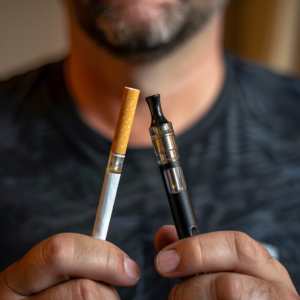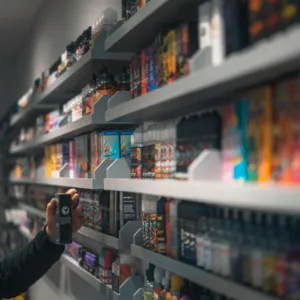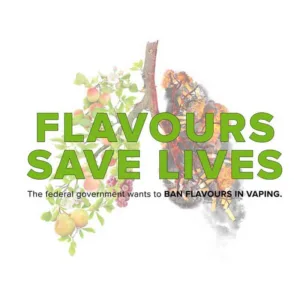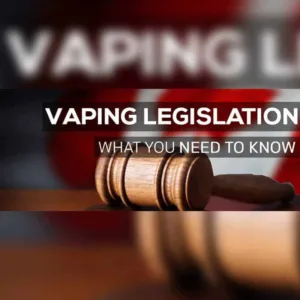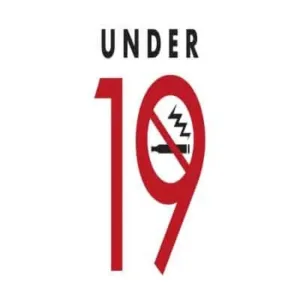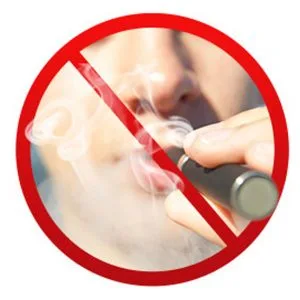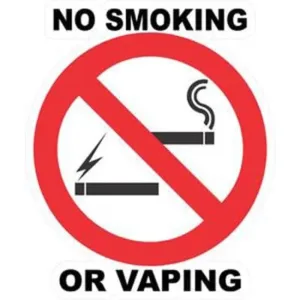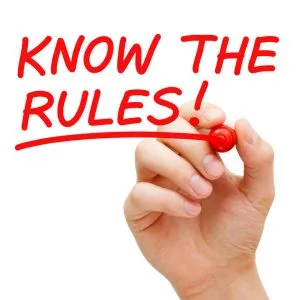With the new tax, is vaping still cheaper than smoking?
With the provincial vape tax coming into effect OCT 1, 2024 some of our customers are asking if it may be cheaper to go back to cigarettes. Beyond the obvious answer of – don’t do this for your health, I’ll do some number crunching below. You will find that vaping is still quite a bit … Read more
